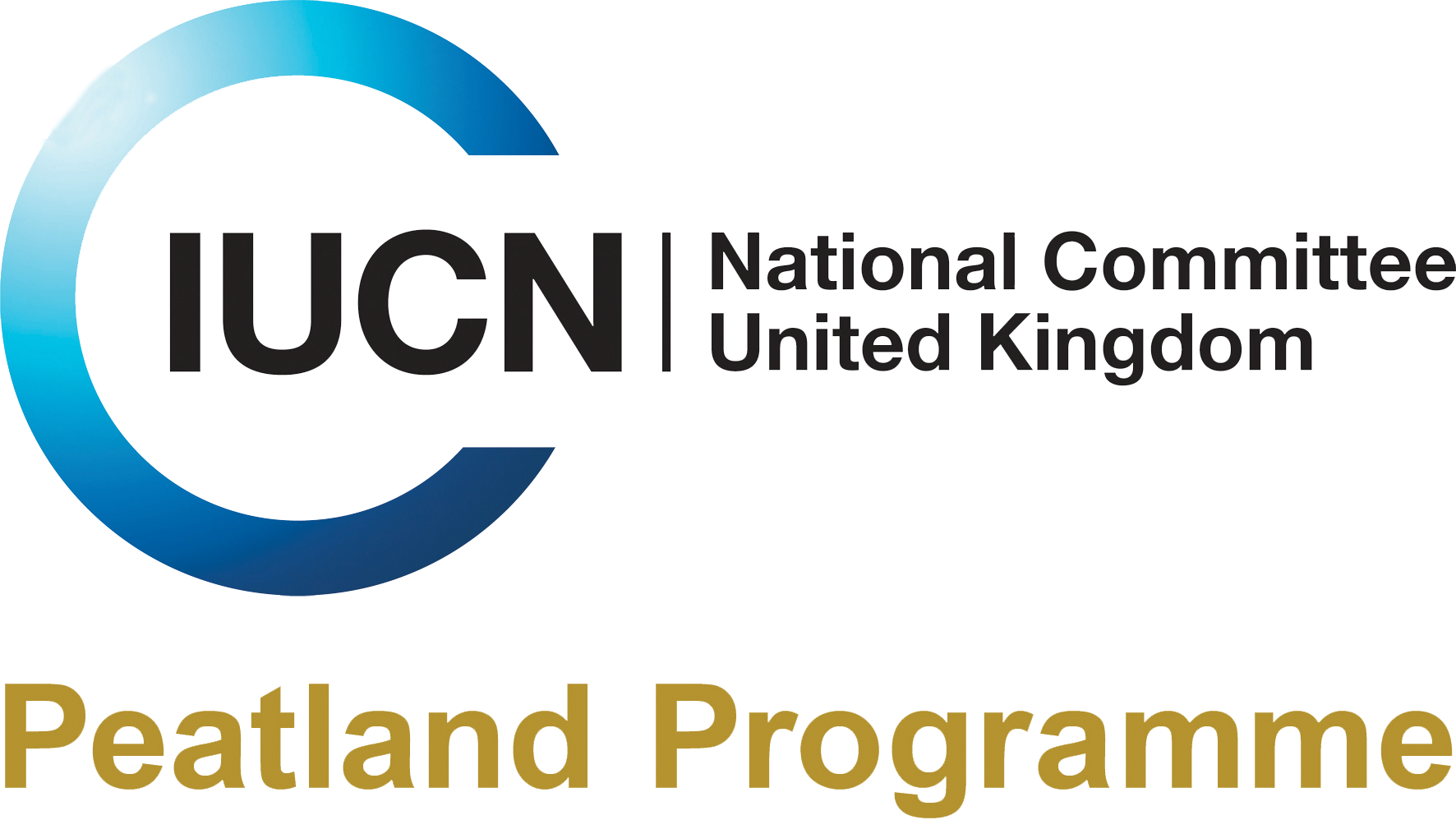Global Peatlands Initiative project: State of the Worlds Peatlands
Global Peatlands Initiative (GPI) launches its Global Peatlands Assessment - The State of the World’s Peatlands - at the United Nations Framework Convention on Climate Change (COP27) taking place…
